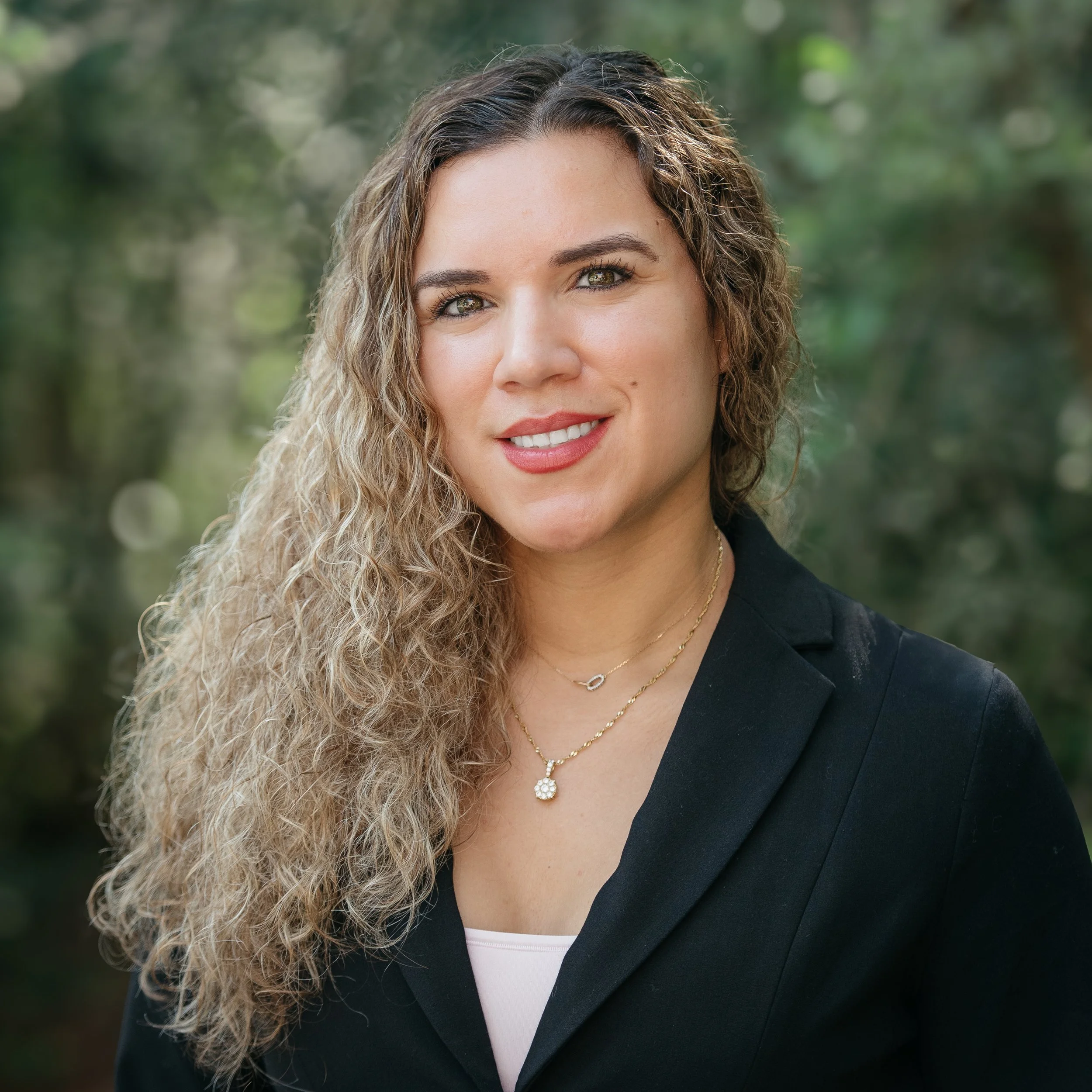Gabrielle Gallardo, APRN, PMHNP
I approach healing work with the passion, care, and curiosity of a gardener—co-creating the right conditions for each unique flower to grow, transform, and fully come into its own—to visibly bloom. Just as a garden flourishes with sunlight, water, and nourishing soil that support its hidden roots, I believe, much like in nature, that the body inherently knows how to heal itself when the right conditions are present.
My role is to nurture that process with attunement, empathy, presence, and trust—relationally assisting each person as they move toward resilience, clarity, and a life that feels authentically their own.
My practice is deeply rooted in trauma-informed care and integrates evidence-based treatment with timeless wisdom. This approach honors the full human experience—mind, body, and spirit—while prioritizing dignity, safety, and long-term healing.
I believe healing is sacred work—never linear, never rushed, unfolding in its own time. With reverence for every stage of growth, I walk alongside individuals navigating challenges of self-worth, developmental trauma, identity, and relationships, as well as those seeking spiritual or existential integration and personal growth.
I earned both my Bachelor and Master of Science in Nursing from the University of Texas at Austin, where I cultivated a strong foundation in psychiatric nursing and trauma-informed practice. Before becoming a Psychiatric Mental Health Nurse Practitioner, I worked for five years as a psychiatric nurse, serving individuals across diverse clinical settings. As Team Lead for Trauma-Informed Care, I guided a multidisciplinary team in redesigning institutional policies, workflows, and engagement strategies to align with national best practices—creating safer environments, empowered clients, and measurable improvements in outcomes.
Beyond the clinical setting, I bring my voice to systems-level advocacy. Since 2018, I’ve served on the Governor’s Juvenile Justice Advisory Board (Trauma Division), where I collaborate with the Governor’s Criminal Justice Division to advance trauma-informed reforms that prioritize rehabilitation over punishment and promote equity in youth justice.
My approach to medication management is collaborative and integrative. I view medications as one tool—never the whole toolbox—within a broader healing process that includes therapy, self-awareness, and lifestyle support. Together, we clarify goals, explore options, and co-create a personalized plan that honors each person’s values, pace, and lived experience. I believe that healing is personal, but progress is collective—and that mental health care should not only treat, but transform and restore.

